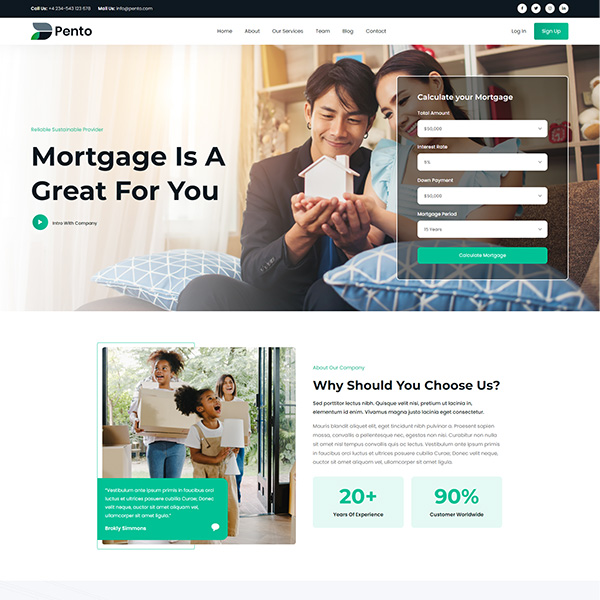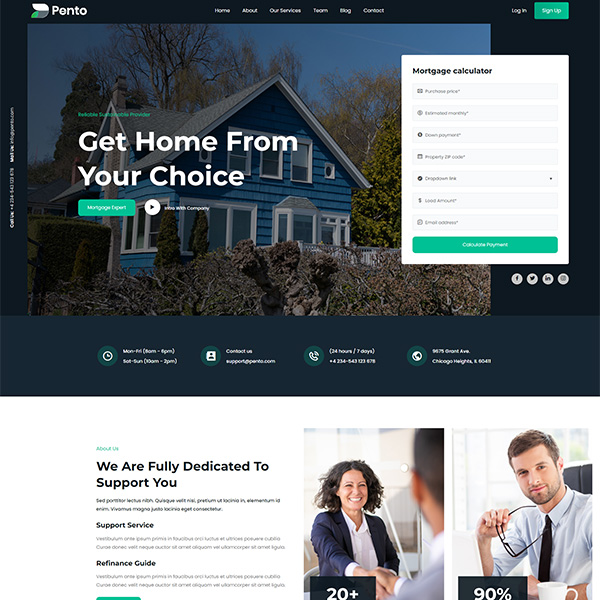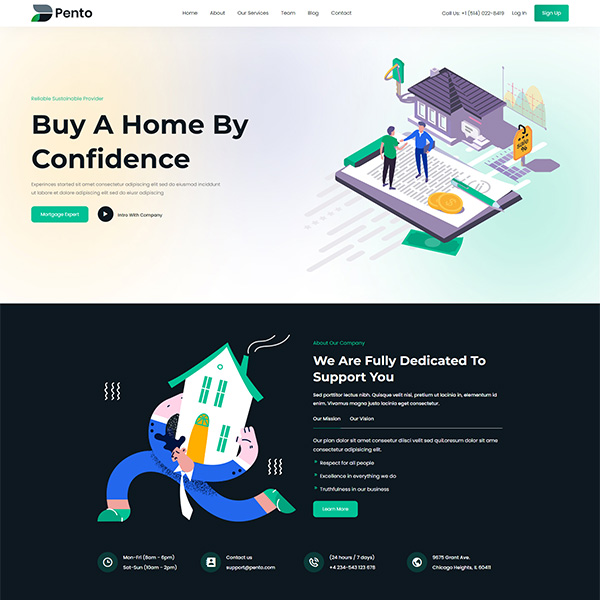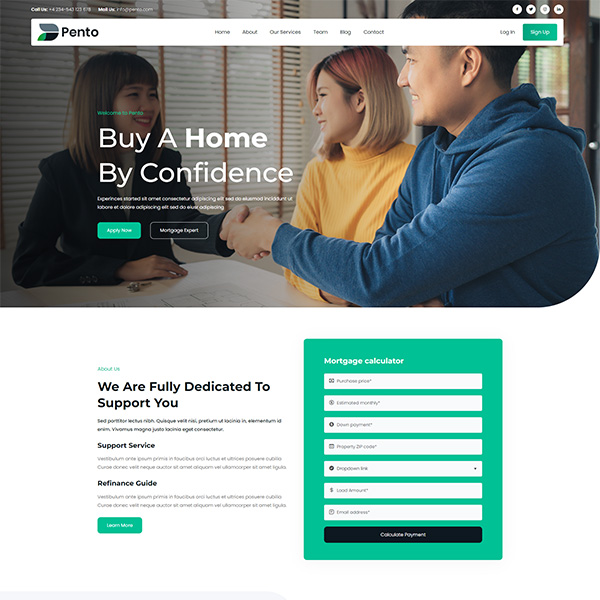Conventional Loans
A conventional loan is a type of mortgage that is not insured or guaranteed by a government agency, such as the Federal Housing Administration (FHA) or the Department of Veterans Affairs (VA). Instead, these loans are backed by private lenders and typically adhere to the guidelines set by Fannie Mae and Freddie Mac, which are government-sponsored enterprises (GSEs) that purchase and securitize mortgages.
Here are some Key Features of Conventional Loans
- Down Payment: Conventional loans often require a higher down payment than government-backed loans. While it's possible to put as little as 3% down with certain conventional loans, a 20% down payment is often required to avoid private mortgage insurance (PMI).
- Private Mortgage Insurance (PMI): If you put down less than 20% of the home's purchase price, most conventional loans will require you to pay for PMI, which protects the lender in case you default on the loan.
- Credit Score: Conventional loans typically have higher credit score requirements compared to government-backed loans. A credit score of at least 620 is often needed, although higher scores can help you secure better terms.
- Loan Limits: Conventional loans have limits, which are determined by the Federal Housing Finance Agency (FHFA). These limits can vary by location, but there are "conforming" loan limits, meaning the loan fits within the maximum amount set by Fannie Mae and Freddie Mac. Loans that exceed these limits are called "jumbo loans" and may have stricter qualifications.
- Terms: Conventional loans offer a variety of term lengths, with 15- and 30-year fixed-rate mortgages being the most common.
Conventional loans are popular because they often provide more flexibility than government-backed loans, and borrowers with strong credit and financial profiles can often get better interest rates.
Frequently Asked Questions - Conventional Loans
A conventional loan is a mortgage that is not insured or guaranteed by a government agency like FHA, VA, or USDA. These loans are offered by private lenders and typically follow guidelines set by Fannie Mae and Freddie Mac.
Most lenders require a minimum credit score of 620 or higher for conventional loans. A higher score can help you qualify for better interest rates and lower costs.
Conventional loans often require a minimum down payment of 3% to 5%, though putting down 20% eliminates the need for private mortgage insurance (PMI).
Yes, if your down payment is less than 20%, you’ll need to pay private mortgage insurance (PMI). PMI can be removed once you reach 20% equity in your home.
- Flexible loan terms (10, 15, 20, or 30 years)
- Competitive interest rates
- No upfront mortgage insurance premium
- Option to cancel PMI when equity reaches 20%
Yes, conventional loans have conforming loan limits set by the Federal Housing Finance Agency (FHFA). For most areas in 2025, the limit is $766,550, but it may be higher in certain high-cost regions.
Borrowers with good credit, stable income, and the ability to make a reasonable down payment often benefit most from conventional loans.



















